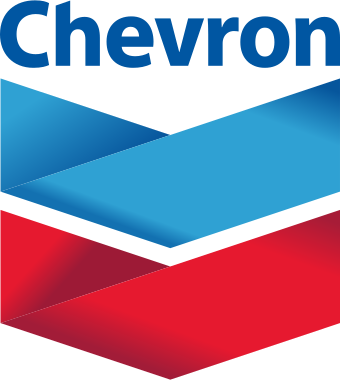
Exxon and Chevron to Drill for Gas in Algeria
Exxon Mobil Corp. (XOM) and Chevron Corp. (CVX), the two largest U.S. oil and gas companies, are close to signing deals with Algeria’s state-owned energy company Sonatrach to drill for natural gas in the North African country, The Wall Street Journal reported on Friday .
The deals, which the energy minister said could be complete by the end of the year, would give the companies a foothold in a country that is an increasingly important supplier of natural gas to Europe following Russia’s invasion of Ukraine.
Sonatrach, the Algerian state oil-and-gas company, is negotiating agreements with the two companies that would focus on conventional gas and Algeria’s enormous reserves of shale gas, believed to be the third largest in the world.
“I am pushing Sonatrach,” said Energy Minister Mohamed Arkab, “because we need to increase our volumes.”
Exxon, Chevron Near Deals to Drill in Gas-Rich Algeria – WSJ (no paywall)
The deals could be finalized by the end of the year, Algerian Energy Minister Mohamed Arkab told the Journal. Algeria has huge conventional and shale gas reserves, and is well-located to supply Europe, where gas demand is expected to rise as countries shift away from coal and nuclear power.
Exxon and Chevron have been searching for new sources of growth after the pandemic hurt their profits and forced them to slash spending and jobs. The companies have also faced pressure from shareholders and activists to lower their carbon emissions and invest more in renewable energy.
The deals with Sonatrach would mark the first time that Exxon and Chevron drill in Algeria, which has been trying to attract foreign investment in its energy sector. The U.S. companies would bring their expertise and technology to help Algeria develop its shale gas potential, which is largely untapped.
The Journal also reported that Exxon and Chevron are interested in exporting liquefied natural gas (LNG) from Algeria to Europe and other markets. Algeria is already a major LNG exporter, but its production has declined in recent years.
The deals with Exxon and Chevron could boost Algeria’s gas output and revenues, as well as its geopolitical influence in the region. Algeria is a member of OPEC and a key supplier of gas to Europe, especially Spain and Italy. Algeria also has strong ties with Russia, which is competing with the U.S. for gas markets in Europe.
Exxon and Chevron Shareholders Reject Climate Proposals
Exxon Mobil Corp. (XOM) and Chevron Corp. (CVX), the two biggest U.S. oil and gas companies, faced several environmental, social and governance (ESG) proposals from activist investors at their annual shareholder meetings this week. However, most of these proposals were voted down by a large majority of shareholders .
On Wednesday, Exxon Mobil XOM 2.09%increase; green up pointing triangle and Chevron’s CVX 2.41%increase; green up pointing triangle shareholders struck down a raft of proposals urging the companies to cut greenhouse-gas emissions derived from fuel consumption, put out new reports on climate benchmarks and disclose certain oil-spill risks, among other initiatives.
The votes were abysmal for climate activists. All but two of the 20 shareholder proposals for the two companies garnered less than 25% of investors’ vote, according to preliminary results, with some performing much worse than similar proposals put forward last year.
ESG Blowback: Exxon, Chevron Investors Reject Climate Measures – WSJ (no paywall)
The proposals included reporting on greenhouse gas and methane emissions, assessing decarbonization risk and setting diversity goals. The boards of directors at both companies had advised investors to vote against the proposals, saying that they already have strong ESG policies and practices in place.
The shareholders’ votes contrast with last year’s proxy season, when a small activist group called Engine No. 1 successfully won three board seats at Exxon with the backing of institutional investors like BlackRock and Vanguard. The group had urged Exxon to align its strategy with the Paris climate agreement and diversify its portfolio.
The votes also differ from the outcomes at some European oil and gas companies, where shareholders have approved resolutions to set more aggressive climate targets or increase transparency on emissions. For example, Shell was ordered by a Dutch court last month to cut its emissions by 45% by 2030 compared to 2019 levels.

